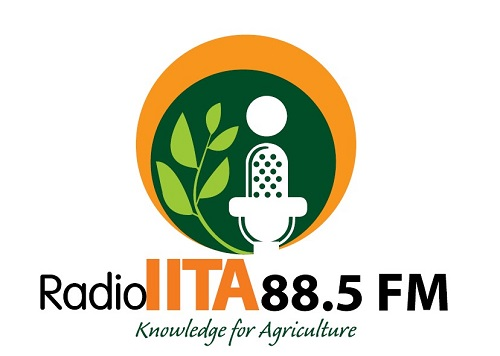In response to the escalating challenges posed by climate change, food insecurity, and conflict in Africa, leaders, organizations, and global partners are intensifying efforts to address the continent’s growing food and nutrition crisis. A recent collaboration between the World Bank and the International Institute of Tropical Agriculture (IITA) underscores a strategic regional approach to bolstering African food system resilience.
During a visit to the IITA Headquarters in Ibadan, Nigeria, the World Bank’s Nigeria Country Director, Prof. Shubham Chaudhuri, engaged with IITA’s Director General, Dr. Simeon Ehui, and CGIAR Continental Director for Africa, Dr. Kenton Dashiell, alongside other key figures. Prof. Chaudhuri expressed keen interest in understanding IITA’s endeavors in tropical agriculture, yield improvement, and its business model and scale-up plans.
Dr. Dashiell outlined a comprehensive itinerary for Prof. Chaudhuri, including a tour of IITA’s facilities, providing firsthand exposure to the institute’s technological advancements and innovations. Responding to concerns about IITA’s business model and scaling strategies, Dr. Dashiell highlighted ongoing strategic plans spearheaded by Dr. Ehui to scale the institute’s technologies effectively.
The tour included visits to key facilities such as the Genetic Resource Centre, Cassava Multiplication Facility, BIP – Nodumax, Aflasafe, and the Youth in Agripreneurship initiative. At the conclusion of the tour, Prof. Chaudhuri, in an interview with the IITA media team, commended the institute’s collaboration with the private sector. He emphasized the significance of IITA’s role in developing technologies and translating them into viable proof of concepts.
Prof. Chaudhuri underscored the World Bank’s mission to enhance the lives of member countries, emphasizing the importance of private firms adopting and disseminating commercially viable agricultural technologies. He highlighted the bank’s vision of independently increasing income for rural households across sub-Saharan Africa, without heavy reliance on external entities.
Expressing optimism about IITA’s future, Prof. Chaudhuri envisioned the institute evolving into a self-sustained entity capable of financing its research and development. He anticipated IITA’s transformative impact, reaching rural farmers across sub-Saharan Africa and contributing to the realization of resilient and sustainable food systems in the region.
Contributed by Dajie Odok.



